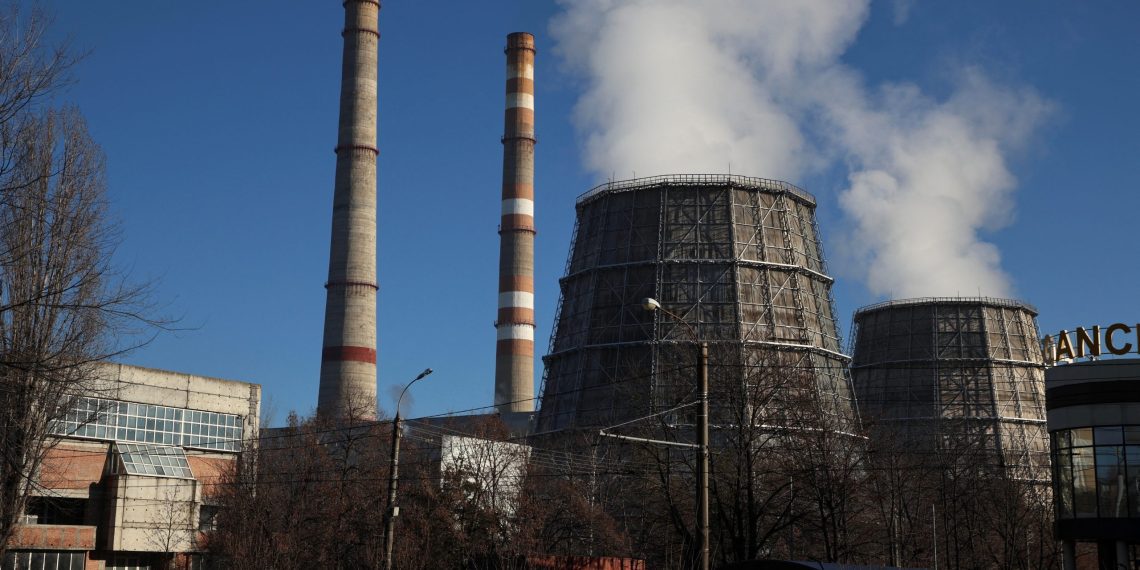The European Union has officially stopped receiving Russian natural gas via Ukraine, marking a significant change in its energy supply chain amid ongoing geopolitical tensions. This move comes as Ukraine ended its gas transit agreement with Russia at 5 a.m. Lisbon time, citing its refusal to extend a deal with a nation it has been at war with for nearly three years.
Ukraine’s Stand Against Russia’s Revenue Streams
Ukrainian President Volodymyr Zelensky, addressing the EU in November, stated that Ukraine would no longer allow Russia to profit from its gas transit while continuing its aggressive actions. The deal previously earned Russia billions annually and generated around $700 million for Ukraine. Despite the cessation, Russia maintains that it can adapt to this shift.
Impact on EU Energy Supply
EU officials assured that the effect of this decision on the bloc’s gas supply would be “limited,” thanks to swift diversification of energy sources. Russian gas now reaches Europe primarily through the TurkStream and Balkan Stream pipelines and via liquefied natural gas (LNG) shipments.
Gazprom’s Struggles Amid Declining Exports
Gazprom, once the world’s largest gas exporter, has faced substantial losses, recording a €6.5 billion deficit in 2023—its first since 1999. The company’s gas exports through Ukraine had recently amounted to 40 million cubic meters daily, totaling 14.65 billion cubic meters in 2023.
Market Reactions and Rising Prices
The suspension has heightened energy market tensions, with European gas prices reaching €50 per megawatt-hour—the highest in over a year.
Divergent National Responses
- Poland: Celebrated the move as a “victory” over Moscow. Polish Foreign Minister Radoslaw Sikorski called it a strategic win comparable to NATO’s expansion in Finland and Sweden.
- Austria: Remained calm, stating that its gas supply was secured through diversified contracts and alternative imports from Germany and Italy.
- Slovakia: Expressed grave concern, with Prime Minister Robert Fico warning of severe repercussions for the EU. Slovakia continues to rely heavily on Russian gas.
- Hungary: Criticized the decision, with Prime Minister Viktor Orbán urging continued collaboration with Moscow, highlighting that most of Hungary’s gas comes through TurkStream.
- Moldova: Declared a state of emergency as the gas cut exacerbates its economic challenges. Moldova, which already faced reduced Russian gas supplies, depends on the pro-Russian separatist region of Transnistria for 70% of its electricity.
Broader Geopolitical Implications
This development underscores the ongoing decoupling of the EU from Russian energy, a process accelerated by the war in Ukraine and past incidents like the sabotage of the Nord Stream pipelines. While the EU has significantly reduced its reliance on Russian energy, Eastern European nations remain vulnerable, highlighting the complex and uneven impact of this strategic shift.
As Europe continues to navigate its energy challenges, the geopolitical ramifications of this decision will likely ripple across the region, affecting both economic and political landscapes.









